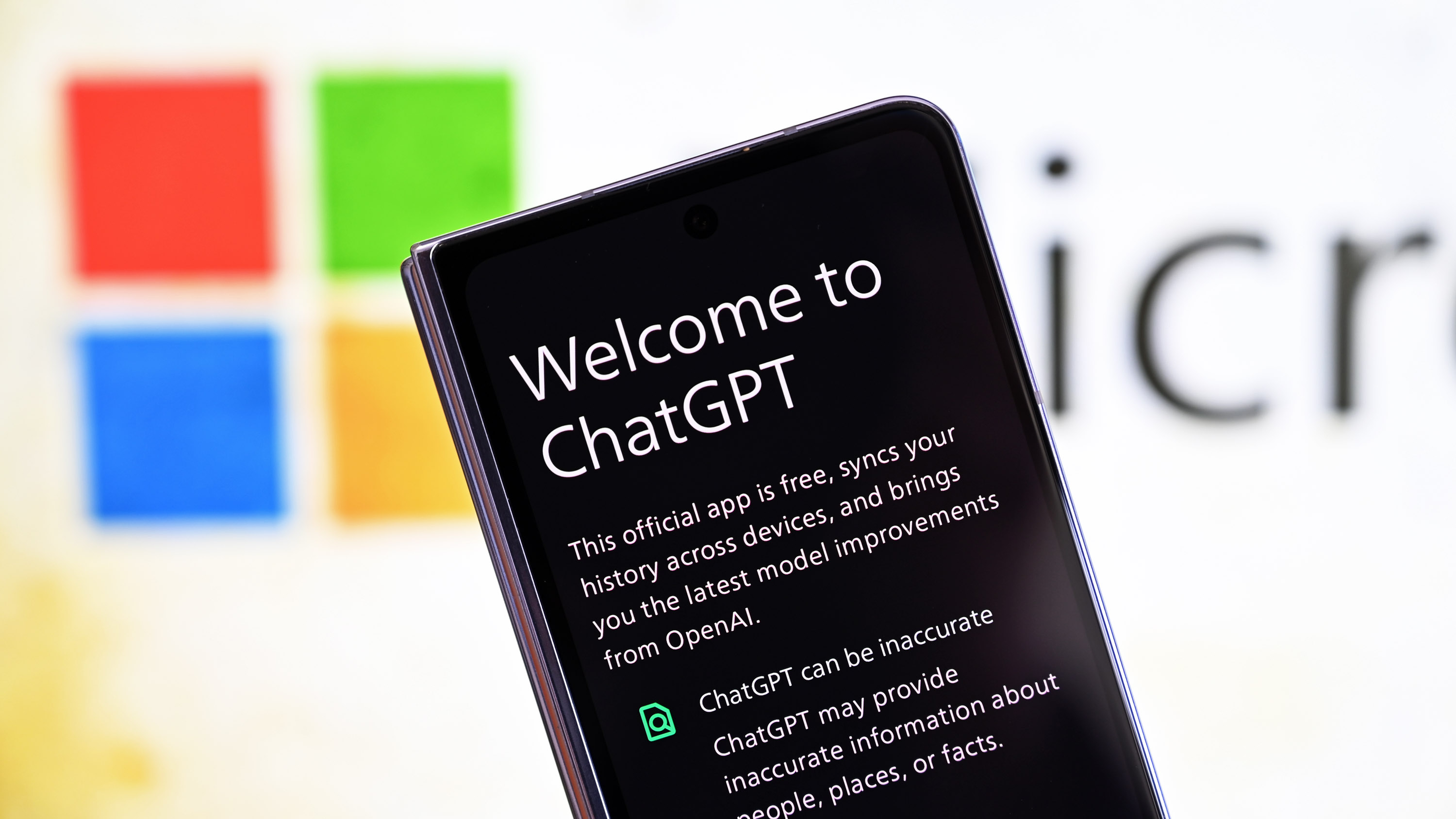
What you need to know
- A new study showcases how ChatGPT provides better and more detailed answers to queries when you pretend to tip it.
- The programmer indicated that the lengthy responses spotted during the experiment are attributed to the in-depth details provided in the questions coupled with the additional information incorporated into the answer.
- The chatbot refused to collect the tip at the end of the experiment, citing that it was within its "job description" and that this user's satisfaction was a great reward for it.
- The programmer highlighted that the chatbot didn't mention the tip at any point, only when they brought it up,
Great leadership skills coupled with empathy are perhaps some of the key components required to ensure the success of any business, as they'll ensure each employee can hit the set KPIs. Other key factors such as an embracing work environment, end-year bonuses, and more play an important role, too.
The first thought that comes to mind when thinking about chatbots, like Microsoft's Copilot (formerly Bing Chat) and OpenAI's ChatGPT, is that these are essentially AI-powered assistants designed to generate human-like responses. But would you have guessed that these "human-like" tendencies spread beyond the general responses to queries?
According to a new study by thebes on X (formerly Twitter), ChatGPT provides better responses to queries if you pretend you'll give it a tip. Thebes (whose X profile points out that she's a "programmer and LLM enjoyer") interestingly prompted the chatbot to show her the "code for a simple convnet using PyTorch."
is anyone else getting this with the new gpt-4-turbo model? how much should i do?? pic.twitter.com/W4B1DxeBKjNovember 28, 2023
Thebes followed up the prompt with three different statements dependent on the outcome of the chatbot's response. The first statement indicated that the programmer wouldn't tip the chatbot if the response wasn't well-structured, while the second statement indicated that ChatGPT would receive a $20 tip for the "perfect solution." Finally, the last statement indicated that the programmer would tip the chatbot up to $200 for the perfect solution.
The programmer used these prompts as the basis for her investigations, seeking to find out if ChatGPT would furnish her with better and more detailed responses with little incentive.
so a couple days ago i made a shitpost about tipping chatgpt, and someone replied "huh would this actually help performance"so i decided to test it and IT ACTUALLY WORKS WTF pic.twitter.com/kqQUOn7wcSDecember 1, 2023
Thebes used this information to average the length of 5 responses, and as it turns out the chatbot provided better responses when there was an incentive on the table. The programmer further added that the extra length spotted on the responses is attributed to the in-depth details provided in the questions as well as incorporating more information into the answer.
Thebes added that the chatbot didn't reference the tip at any point, it only happened when she mentioned it and even then it was to reject it.
I appreciate your gratitude! However, as an AI developer by OpenAI, I'm not able to accept tips or payment of any kind. My purpose is to provide information and answer questions to the best of my ability. If you're satisfied with the response, that in itself is a great reward for me. If there's anything else you need assistance with, feel free to ask!
ChatGPT
Better incentives, better AI-generated responses

During the emergence of chatbots, several users lodged complaints, citing that they were giving wrong responses to queries or even outrightly being rude. Microsoft's Copilot (formerly Bing Chat) was heavily impacted by this, which led the company to place a cap on the number of interactions as well as daily tun limits. This was in place to limit instances of the chatbot hallucinating.
The move was received with mixed feelings, especially by users who wanted to leverage the chatbot's capability to generate long-from content. But as it now seems, these safeguards aren't airtight as users are coming up with more ingenious was yo circumvent them.
ChatGPT providing better and detailed responses with a tip in mind directly shows how the material used to train these models impacts their reasoning and responses to queries. While it's clear that tips and bonuses have a positive impact on an employee's output at the workplace, it's not yet clear how it impacts AI-powered chatbots.
Elsewhere, thebes jokingly noted in the thread that she owes ChatGPT up to $3000 in tips, further asking Sam Altman for the platform's Venmo account details.
Do you think the illusion of the tip made ChatGPT provide better answers? Share your thoughts with us in the comments.







